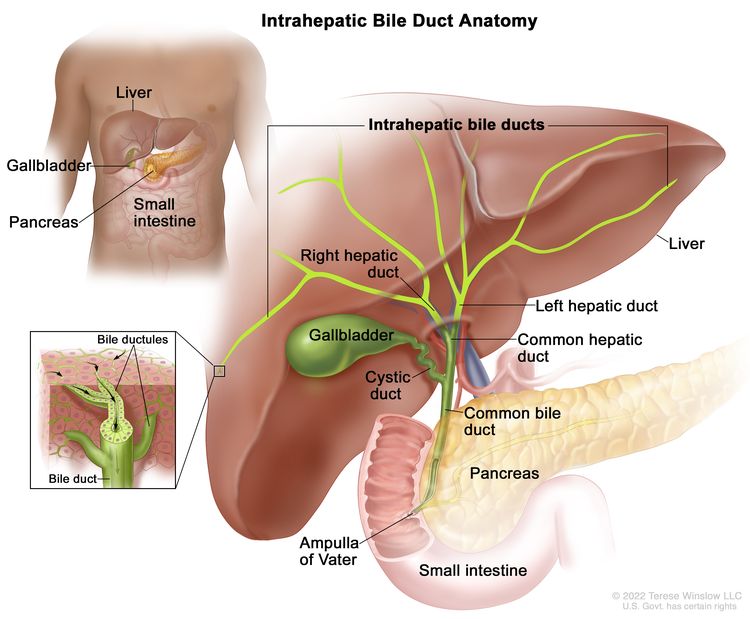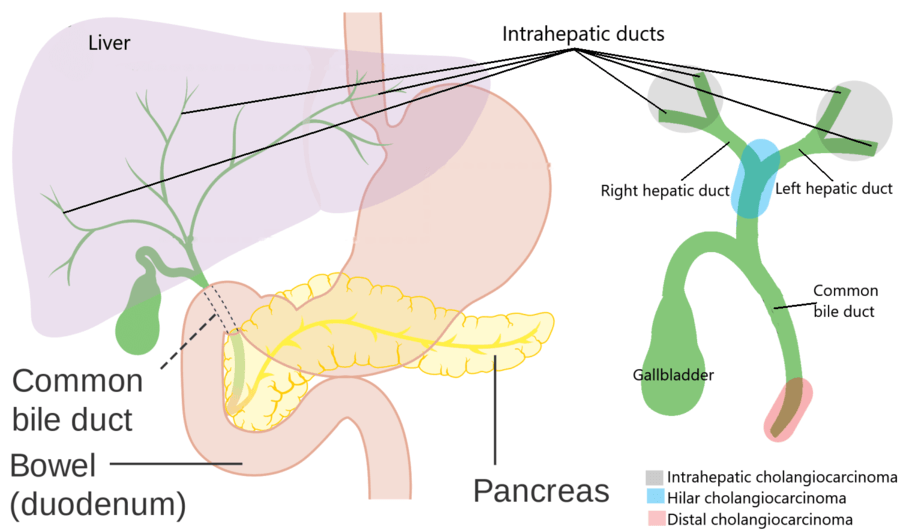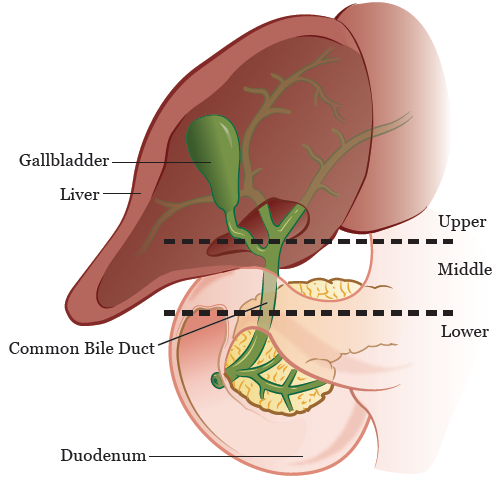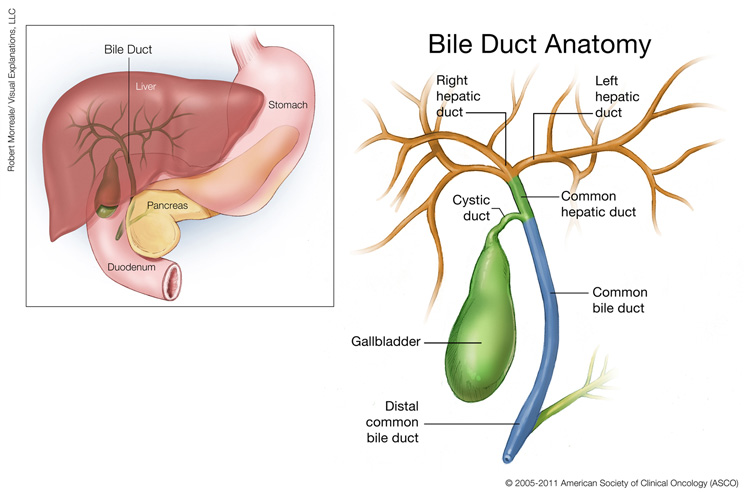Research has suggested that the combination of gemcitabine and cisplatin can lengthen the lives of people with bile duct cancer that cannot be removed by surgery.
Bile duct cancer prognosis after surgery.
Survival rate around 20 to 30 of the extrahepatic bile duct cancer patients survive for five years after surgical resection.
If you have bile duct cancer that has spread you may receive chemotherapy as the main treatment if surgery is not an option.
This can have a major effect on a person s recovery and health after the surgery.
The type and grade of bile duct cancer affects your likely survival.
The type of surgery you need depends on where the cancer is in your bile duct and whether it has spread the stage.
For example if the 5 year relative survival rate for a specific stage of bile duct cancer cholangiocarcinoma is 30 it means that people who have that cancer are on average about 30 as likely as people who don t have that cancer to live for at least 5 years after being diagnosed.
Some patients survive even after five years even though they are.
Serious problems soon after surgery can include bile leakage into the abdomen infections and liver failure.
You might have surgery to remove the cancer completely or to relieve symptoms.
It also depends on where the cancer is growing and whether you can have surgery to completely remove it.
Grade means how abnormal the cells look under the microscope.
Your outlook might be affected if you have a condition called primary sclerosing cholangitis.








